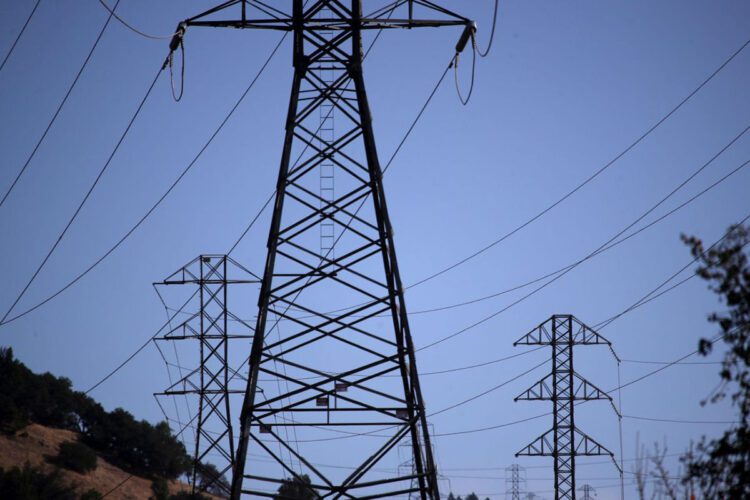The news media is beginning to pay more attention to this issue, including a new opinion article that was published in the San Francisco Chronicle: Why your utility bills could be about to skyrocket in California.
The article was written by a retired regulatory attorney, Alexis Wodtke. She lays out why this has been such a rotten process from the start, and describes what’s at stake:
“The utilities and some aligned organizations are proposing a new fixed charge from $30 to $70 per month for most ratepayers. A single parent with an annual income of $40,000 living in an apartment in the Bay Area would see their bill go up by around $20 per month. Same for a family of four living in a condo making $76,000, as well as teachers, nurses, police officers, firefighters and other working people. These fixed fees being proposed by California’s investor-owned utilities would be by far the highest in the country. And those hikes aren’t following standard practice for how things are done.”
Californians have some of the highest energy bills in the nation. For millions of us, those bills are about to skyrocket further.
The California Public Utilities Commission, which regulates the state’s investor-owned utilities which includes Pacific Gas and Electric Co., Southern California Edison, San Diego Gas and Electric Co., has been working on new electricity rates that would increase bills for most customers across the state. The commission is creating a new rate structure based on customers’ income that will force most people to pay high fixed fees that don’t take into account how much energy they use. And it is doing it all behind closed doors. The commission has denied requests to hold public hearings on the proposal.
The entire utility tax issue began in July 2022, when the state Legislature pushed through a vote on AB205, a 21,000-word piece of legislation that contained just a few short paragraphs that eliminated the $10 cap on fixed charges that have been in place since 2013. There were no public hearings, no debates and the fixed charge was introduced hours before it was voted on and signed by Governor Gavin Newsom.
Each year one of California’s investor-owned utilities, such as PG&E, submits a proposal to the state Public Utilities Commission to change their electricity and gas rates, and is always asking for them to increase. They are required to provide notice to the customers in their service territory. Residents are allowed to weigh in and provide input and feedback to the utilities and to the commission about these proposals. There are hearings, and more often than not, the commission lets the utility raise rates on consumers, though not as high as the utility would like.
This process is transparent, and the public participates and suggest changes to proposals that are harmful. Other states set rates the same way.
People need to make themselves heard. Add your name to the list
[ https://apps.cpuc.ca.gov/apex/f?p=401:1:::::: ] to comment on the California Public Utilities Commission website, the only venue where it is allowing people to raise their voices. Message your state legislator and Governor Newsom, who signed off on this proposal. Urge them to open the process up to the public so that people can have a say in what these investor-owned utilities are trying to do.
Note** Alexis Wodtke is a regulatory attorney with decades of experience practicing before public utilities commissions. This article was submitted by Action Network, an open platform that empowers individuals and groups to organize for progressive causes. Encouraging responsible activism.
By Coalition for Environmental Equity and Economics































